Warren Haynes on why he decided to leave the Allman Brothers Band
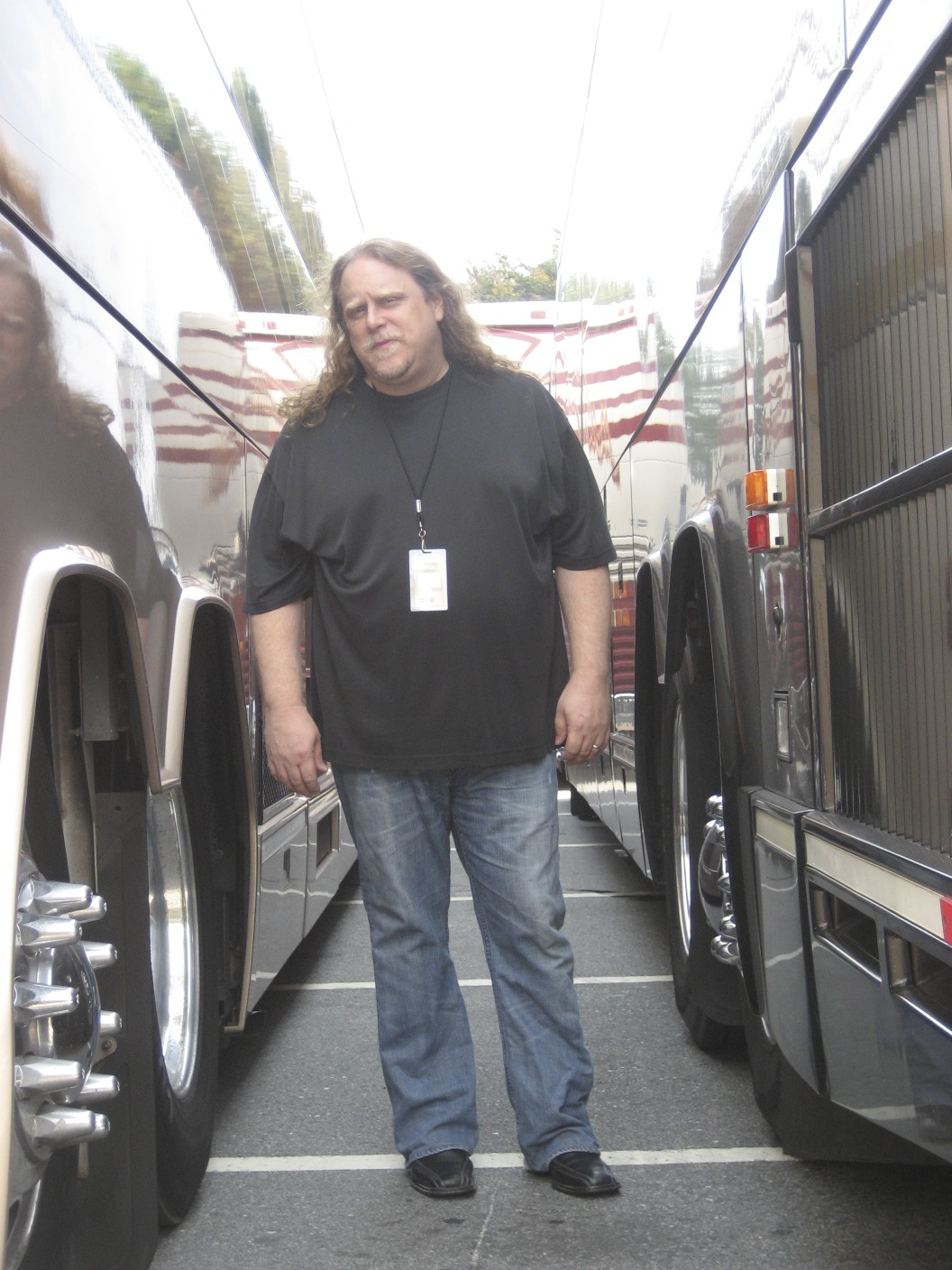
Warren Haynes – has guitar, will travel. Foto by Kirk West.
Originally published on WSJ.com Speakeasy blog.
Guitarist Warren Haynes has been at the center of the Allman Brothers Band revival for most of the last 25 years. He was founding guitarist Dickey Betts’s foil when the group reunited in 1989, before leaving with bassist Allen Woody in 1997 to focus on their band Gov’t Mule.
Haynes returned in 2000, providing much-needed credibility and stability after the Allman Brothers parted ways with Betts and Woody passed away. He has been at the core of the band’s sound ever since, teaming with Derek Trucks to form a powerful guitar front. In January, Haynes and Trucks jointly announced that they no longer intend to tour with the band after this year.
The group has not officially announced their plans beyond summer festival appearances, but 14 shows at New York’s Beacon Theatre, March 7-29, will mark the beginning of the end of this lineup. Haynes discussed his decision and looked back at his own legacy with the Allman Brothers Band in this exclusive interview.
The announcement that you and Derek would be leaving the band at the end of the year surprised a lot of people. Why did you both feel it was so important to make a statement once rumors started circulating?
This is actually something that the whole band has been talking about for a few years now. Derek and I had been making plans based on the fact that the band was going to stop touring after the 45th anniversary. For several years we have thought about ourselves as a team. I don’t think he wants to be here without me and I don’t want to be here without him. I think this version of the band is that way in general, based on the initial chemistry that we had 14 years ago and that has continued to grow.
Everybody adds so much in their own way to the big picture that I kind of look at as being a high water mark and a good place to stop. Then I guess in some people’s minds it wasn’t quite as concrete as in other people’s minds, but we felt like it was the right plan and we should all stick with it. Now Gregg’s come out and said he thinks it’s the right plan as well, so we’ll see.
You’ve always seemed to thrive by juggling a lot of projects. So what’s next?
It’s true that being busy has never been an issue for me. Mule has a new record out [Shout!] that we’re going to be continuing to promote for a long, long time and I have a lot of projects in the work: the Warren Haynes Band, a solo acoustic project and some other stuff in the works that I’m not quite ready to discuss. I also have a two-and-a-half year old son that I’m very excited to spend more time with, albeit my schedule will remain very busy.
You’ve been called the guy who revitalized the Allman Brothers twice. How do you feel about that?
To whatever extent it’s true, it’s about the band being open to embracing new ideas and new blood and not expecting the new guys to keep quiet and play the old parts because a lot of bands wouldn’t be capable of that. I think in the Allman Brothers, the musical equality on stage is so important that everyone understands that the only way the band is going to hit its stride and play to its potential is if everyone is equally engaged. They were very open from the very beginning to me singing, writing songs, contributing to arrangements – to anyone contributing ideas.
Do you feel any extra emotion heading into this run?
It hasn’t really kicked in yet, but it will. I think the shows are going to be very emotional but really good.
You’ve played the Beacon over 300 times, with the Allman Brothers, Gov’t Mule and Phil Lesh. No one knows the place better. Is there anything special about the room itself or is it all about the history the Allman Brothers have created there?
It’s everything. The vibe at the Beacon has a lot to do with it being an old school theater and the way the energy feels coming from the audience to the stage. New York crowds are over the top and different than anywhere else, but the Beacon audiences exist on their own level, which I can’t explain. Combine that with the fact all the original guys say it reminds them of the Fillmore East, where they had their greatest moments, and it all comes together into something very special.
Buildings from that era were all unique, with their own personality and sound. You have to adapt, but the Beacon is so very familiar. There’s nothing else quite like the feeling I get when I walk on stage there and plug in. I don’t spend as much time or energy adapting or thinking. I just start playing.
How is playing an extended run different than touring? Does sleeping in the same bed every night impact the way you play?
I live here so it’s easy for me, and being in one spot for a long time is a breath of fresh air compared to traditional touring, but by the time the run is over, we’ll all be ready to move on to something different. The crowd energy in an extended stay is also quite different compared to a one nighter. The audience is different every night, of course, but some of it is the same and that pushes us to play differently. I know it can sound esoteric, but the energy we get from the crowd fuels the music in a very real way. We know we have to keep it very high energy on a Saturday night. The middle of the week shows tend to be hardcore fans bound and determined to see the show even though they have to get up for work in the morning. They may not be as high energy but they’re very focused and that can lead to a show that’s a little more relaxed and jazzy or song-oriented rather than heavy jamming.
If you were to take 10 Allman Brothers fans and ask what their ideal set list would be, you would get 10 completely different answers, so we can’t worry about that too much.
The Beacon shows have become famous for guest sit-ins, peaking in 2009 for the 40th anniversary, with Eric Clapton, Billy Gibbons and many others. Does that put pressure on you now?
No, I don’t feel pressure to make the 45th compete with the collaborations from the 40th. We worked very hard on that, figuring out months in advance who was going to sit and in some cases even what material they would play with us. This year will be a little more relaxed, figuring it out on a day-to-day, week-to-week basis There will be a lot of cool guests showing up, but it’s not going to be as formalized as it was in ’09. Not only is it something I really enjoy, it makes each show stand out and have its own special quality – not just for the audience, but for the band as well. In order for us to enjoy 14 shows somewhat equally, they have to all be different and we have to be able to immerse ourselves.
What are your proudest moments in the Allman Brothers?
There are so many highlights that I couldn’t list them all. The thing I’m most proud of is that we’ve been able to carry the mantle of a great tradition, revisit the band’s concept and vision and in some ways carry it into the future. And it was never based on compromise or wondering what the public would expect from a commercial standpoint. It was based on trying to tap into the vision and proud tradition of the original band.
What was your most difficult moment?
When [bassist Allen] Woody and I left in ‘97 to concentrate on Gov’t Mule, we had been procrastinating for quite a while. It’s hard to leave an institution like the Allman Brothers, even though we knew it was the right thing to do. Getting there and actually doing it was very difficult. Returning to the band in 2001 following Woody’s death was the hardest thing for me emotionally. I was underneath a cloud of anguish that doesn’t allow you to make decisions based on seeing the future as openly as you might otherwise.
Woody and I had made our decision and were not looking back; the Allman Brothers era of my life was in the past and had he not passed away there would have been no reason to return. I was faced with this decision about whether or not to continue with Gov’t Mule, which was half Woody’s vision, and just what to do with myself. When Gregg called and asked me to come back it was hard for me emotionally to realize that was something I had to at least consider. But when I came back in to the band was getting along great. The current state of affairs was a lot different, everyone was playing and singing great and it became much easier for my emotions to eventually settle down to where I could better process the situation.
Watching the recently released Great Woods DVD and Play all Night Beacon CDs from 1991 and 1992, I was struck by how different the guitar roles were with you and Dickey Betts than they are with you and Derek. Have you reflected on that?
Yeah. I’ve been in an interesting position where my role as a guitar player has changed drastically. It was much more about complementing Dickey’s musicality in the way that Duane Allman did. That had been Derek’s role as well. So to be fair and just to make it interesting and shake it up, we decided to divide up our roles. I found myself sometimes playing with more of Dickey’s influence than I ever would if I were playing with him. That contrast is important to the band’s sound, so Derek and I maintain it, but it’s fluid as to who’s playing which role and how much we’re just flying by and being completely ourselves. We’re moment by moment deciding. I view it as a win-win situation where it can remain exciting, different and positive every night.
Do those switches just happen, or are you consciously thinking about them and discussing them?
It’s more of a response. The best you can do onstage is not be thinking at all; that hopefully gets done offstage and when it’s time to perform, you shut down the cerebral part of your brain and just play.
Can you imagine what your music would sound like today if you had never been in the Allman Brothers?
There’s no way that I could possibly trace which path my playing would have taken had I not joined the Allman Brothers. It’s just too intertwined. Who knows where I would have ended up.

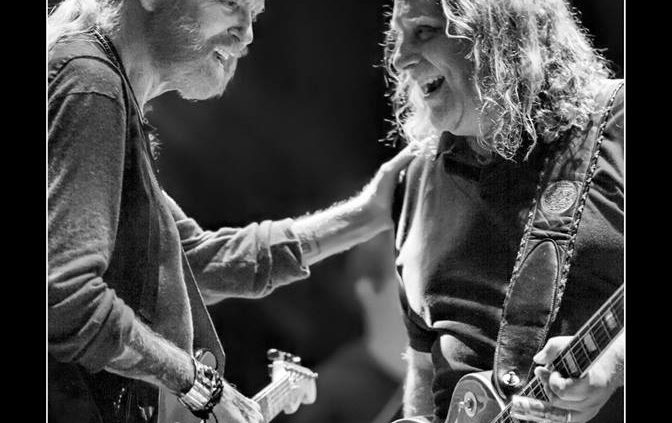
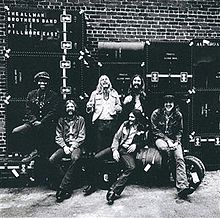
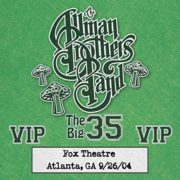
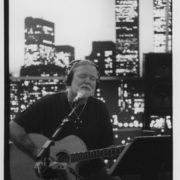
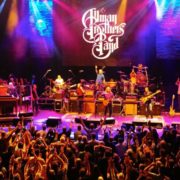
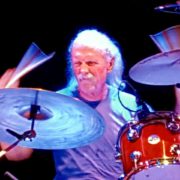
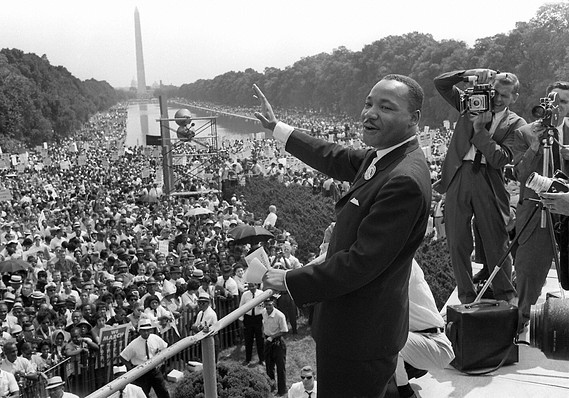
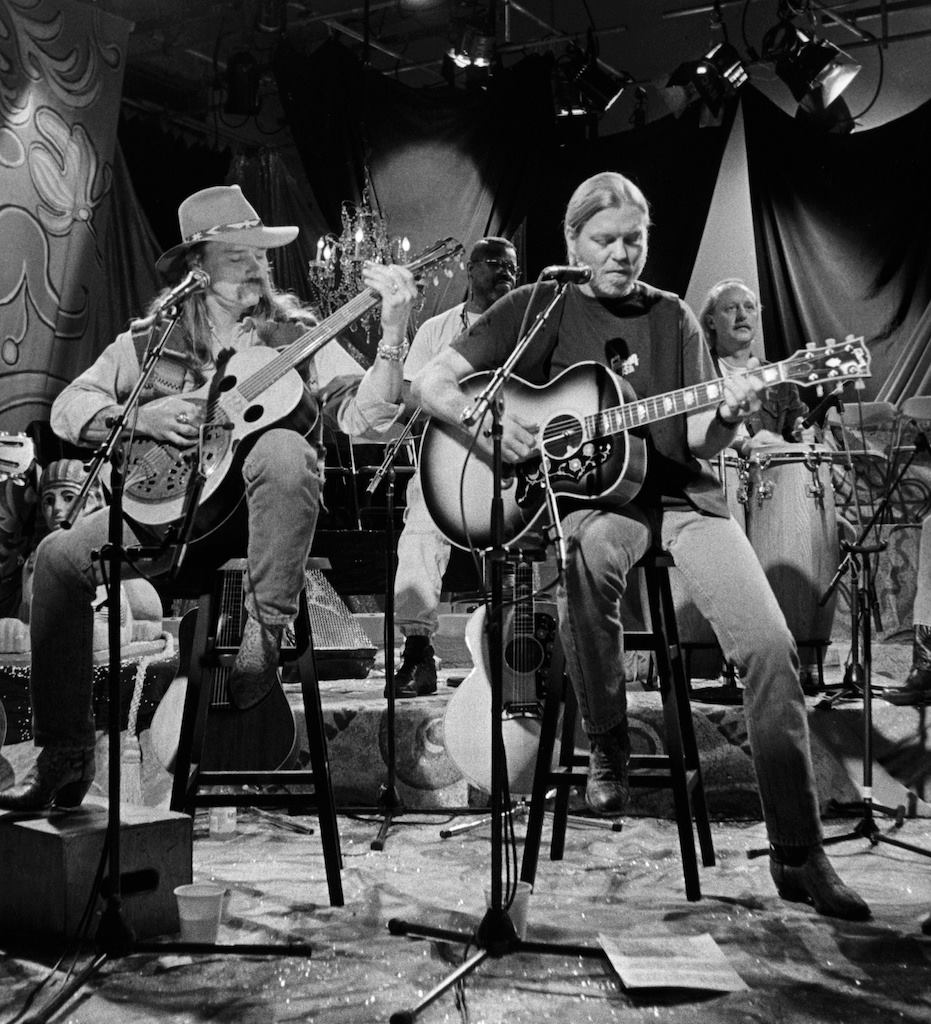

I was front row for the 2006 Allman Brothers show at Nissan Pavillion in Bristow, Virginia. Warren’s guitar playing with Derek trading licks gave me an awesome natural high that made me feel I was almost walking on air. And with the exception of one little bobble on Woman Across the Water, sorry Warren, Warren sang his ass off and unfortunately was given the credit of being a back up singer on the Nation’s Live recording. No freaking way that should have happened. This show has some of the best guitar playing THAT YOU WILL EVER HEAR. And it was certainly the best concert that I have ever attended.
Mr. Haynes can be very proud of his accomplishments with the Allman Brothers!
And he certainly has been an inspiration to me.
Bernie
The Lead Singer of the Allman Brothers Tribute Band formerly known as BLUE SKY
Eight years later, why would you even mention “one little bobble.” Thank God no one is documenting yours or my “bobbles” years later. We do agree however, WH “can be very proud of his accomplishments with the Allman Brothers.”
I first heard One Way Out on FM radio @ age 9. Saw ABB in Sioux City, Iowa in 2000 w/out Warren, but for FREE. Also met The Tour Mystic. Saw the Brothers 5x’s since. Bottom line The Brother’s RULE. With that being said the line up w/Warren and Woody is my Fav. End of the Line is the birth of The Mule!
I’ve been an ABB lover since I swiped the ABB Beginnings album from my sister as a teen in the 70’s.She never got it back.What a great time for me.I’ve been to see shows at Merriwether Post & Nissan in Virginia.Always great shows.I stumbled onto Gov’t Mule listening to a tv blues channel.It was a song called When the Blues Come Knockin with Little Milton.When the second verse started,I recognized Warren Haynes’ voice right off.What a lucky day for me.I immediatetly got on the internet and discovered a whole new world of great music.Then found that they were playin at Clay Center in Charleston,WV.My wife and I made the five hour trip from Capon Bridge,WV to see them.Best thing we ever did.Can’t believe it took so long to discover the Mule.Thanks Warren.We love ya.
If you grew up in the late sixties/early seventies I am sure that you remember the saying “Clapton is God”. I grew up learning to play the extended solos on “Whipping Post” and “You don’t love me” off of the “Live at the Filmore” note for note. (In my opinion it still is the best live album ever made, followed only by “Live at Leeds” by the Who.) The ABB shaped my playing immensely. Fast forward a few decades.. In 2004 I saw the Dead play with Warren. This was the first time I had heard him. The result was that I discovered “Gov’t Mule”. I went out and bought all of their CD’s and felt that this was the first band that mirrored my musical taste to a tee. Warren’s style was the closest to the way that I play that I had ever heard. I have tried to pattern my own band after the Mule. After Re-igniting the ABB when Warren and Woody joined I was delighted to have the ABB back in the game. Now that Warren is leaving the band with grace, I am hoping that Warren takes the Mule back on the road full force. I have seen them 4 times so far and each time is better than the last.
In my world “Haynes is God”.
Thaks… agree all the way – but why did you not see Warren until 2004 with the Dead? He was out with the ABB from 89-97!